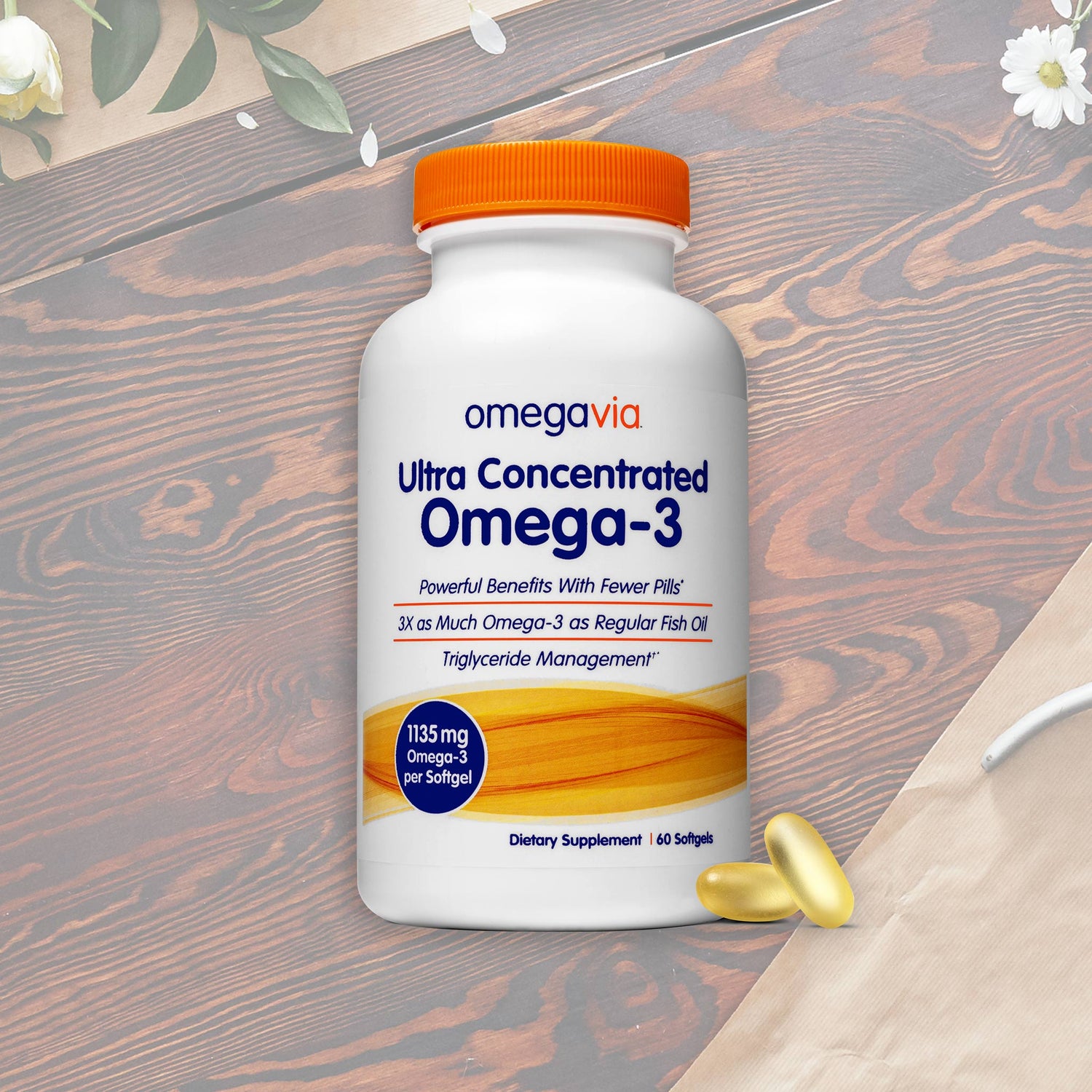What is Enteric Coated Fish Oil? Do you need it?
Enteric coated fish oil does two things:
- It reduces fishy burps. Gross, I know.
- It protects the Omega-3 from harsh stomach acids. Stomach acids may destroy some of the Omega-3 in fish oil. Enteric coating prevents that..
Reducing fishy burps with enteric coated fish oil
‘Fishy burps’ is the #1 complaint about fish oil. This is unpleasant if the oil is rancid or old. It is really bad with discount fish oil that is close to its expiration. I usually don’t have this problem but occasionally, it happens. My wife complained about this when she first began taking fish oil pills. But now, she doesn’t have this problem either. I’ve talked to several hundred fish oil consumers and the ‘burping’ issue always comes up with those who are new to fish oil. Your body gets the hint and stops bothering you after a couple of months. Burping is not necessarily a sign of cheap or bad fish oil. It happens with all oils. You’d burp extra virgin olive oil if you took it in a pill. It’s just a bit more unpleasant when it happens with old, rancid fish oil. Enteric-coated fish oil does not dissolve in the stomach. It stays intact until it gets to the intestines. So no burping.
The Science Behind Enteric Coated Fish Oil |
|
|---|---|
 The New England Journal of Medicine published a paper that suggested that subjects needed only one-third the amount of fish oil if it was enteric coated. Delivering omega-3 intact to the intestines instead of the stomach, allowed more Omega-3 to be absorbed into the phospholipid membrane. The study was done on patient population with Crohn’s disease therefore, we cannot extrapolate that result to healthy population. Another paper compared studies that used enteric coated fish oil capsules - three studies used enteric coated capsules with positive results and one used ordinary gelatin capsules (no advantage). It should be pointed out that the enteric coated capsules were not compared with non-enteric ones - the placebo was vegetable oil. The New England Journal of Medicine published a paper that suggested that subjects needed only one-third the amount of fish oil if it was enteric coated. Delivering omega-3 intact to the intestines instead of the stomach, allowed more Omega-3 to be absorbed into the phospholipid membrane. The study was done on patient population with Crohn’s disease therefore, we cannot extrapolate that result to healthy population. Another paper compared studies that used enteric coated fish oil capsules - three studies used enteric coated capsules with positive results and one used ordinary gelatin capsules (no advantage). It should be pointed out that the enteric coated capsules were not compared with non-enteric ones - the placebo was vegetable oil. |
|
Controlling Fishy Burps
There are two major types of enteric coating- Synthetic coating
- Natural coating
Is the synthetic enteric coating safe?
Yes. I’ve thoroughly researched, investigated and talked to the nice people at BASF who makes this chemical. The chemical has been on the market for 50 years and has a proven record of safety. But still…when it was time for me to buy fish oil for my family or friends, I always went for the natural option. I simply don’t want to eat something called ‘methacryclic acid copolymer.’ Just doesn't feel right. Some manufacturers try to hide this chemical by calling it ‘aqueous coating’ or other fancy terms that sound less like a chemical.OK, what about natural enteric coating?
Natural enteric coating is made from seaweed (algae) or tree bark (cellulose). So you might see the word ‘alginate’ on the label. Sometimes it is also called ‘natural food glaze.’ This technology is not as effective as the synthetic one. And it’s more expensive. But it’s worth it if you want a natural alternative.Enteric coating is not perfect
Unfortunately, the technology does not always work. Many people still burp up after taking enteric coated pills. This is because, like paint on your walls: • Enteric coating can chip off • Enteric coating can crack • Coating may be too thin to be effective. In any of these cases, you may notice burps.Is there any risk to Enteric Coated Fish Oil?
The greatest risk of enteric coating is that it can mask the rank odor of rancid, old, low-quality fish oil. This is why I hear the following complaints:“Enteric coating is a gimmick to hide low quality oil.” “Enteric coating is a way to inflate the price.”The complaints are always from marketers selling non-enteric coated fish oil. Enteric coating is NOT a gimmick. But the complainers have a point! Some companies use enteric coating as an odor-masking agent for lousy oil. And they may charge you more for it.
Bottom-line: Enteric Coated Fish Oil
Enteric coated fish oil prevents burps and is well-absorbed. It's a win-win. Especially if you start with high quality, ultra-concentrated fish oil.*These statements have not been evaluated by the Food and Drug Administration. This product is not intended to diagnose, treat, cure, or prevent any disease.



